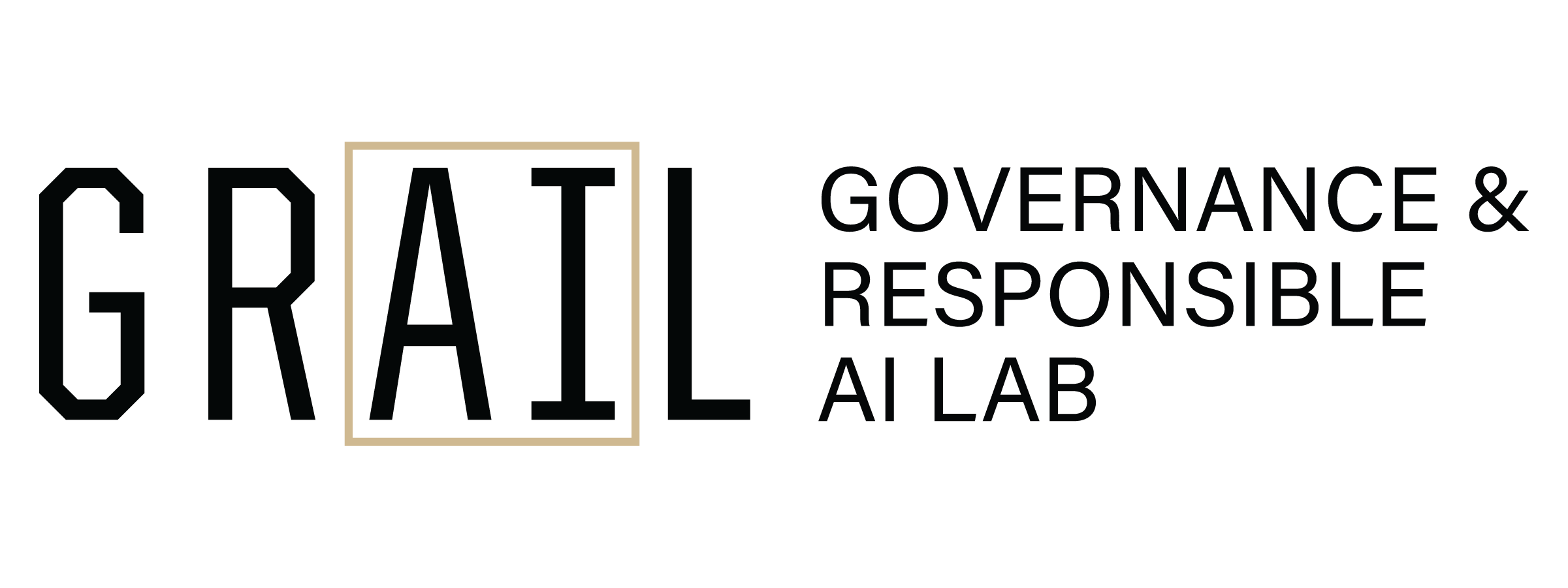
Influences and Inhibitors in Undergraduate Social Responsibility Development
This paper presents the results of a five-year, mixed-methods longitudinal study tracking a cohort of undergraduate students at the Georgia Institute of Technology in order to illustrate the key influences and inhibitors shaping social responsibility development among STEM undergraduates.
Executive Summary
Numerous strategies have been applied to combat flat or declining social responsibility (SR) attitudes of undergraduate students in STEM fields. This paper presents the results of a five-year, mixed methods longitudinal study tracking a cohort of undergraduate students at the Georgia Institute of Technology. Drawing on the Professional Social Responsibility Development Model and the Generalized Professional Responsibility Assessment (GPRA), we analyze results from surveys (n = 124 students) and interviews (n = 19 students), each conducted twice at different time points during students’ undergraduate education. Our focus is on the influence of different kinds of SR-related activities and experiences on student SR development over time, measured both quantitatively and qualitatively along several dimensions. Based on regression analyses controlling for pre-college attitudes, subgroup and path analyses, and triangulation with qualitative interview data, we identify key influences and inhibitors shaping SR development among STEM undergraduates.
